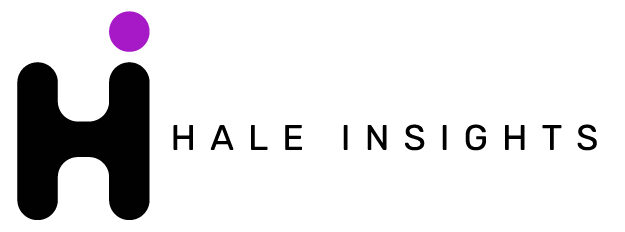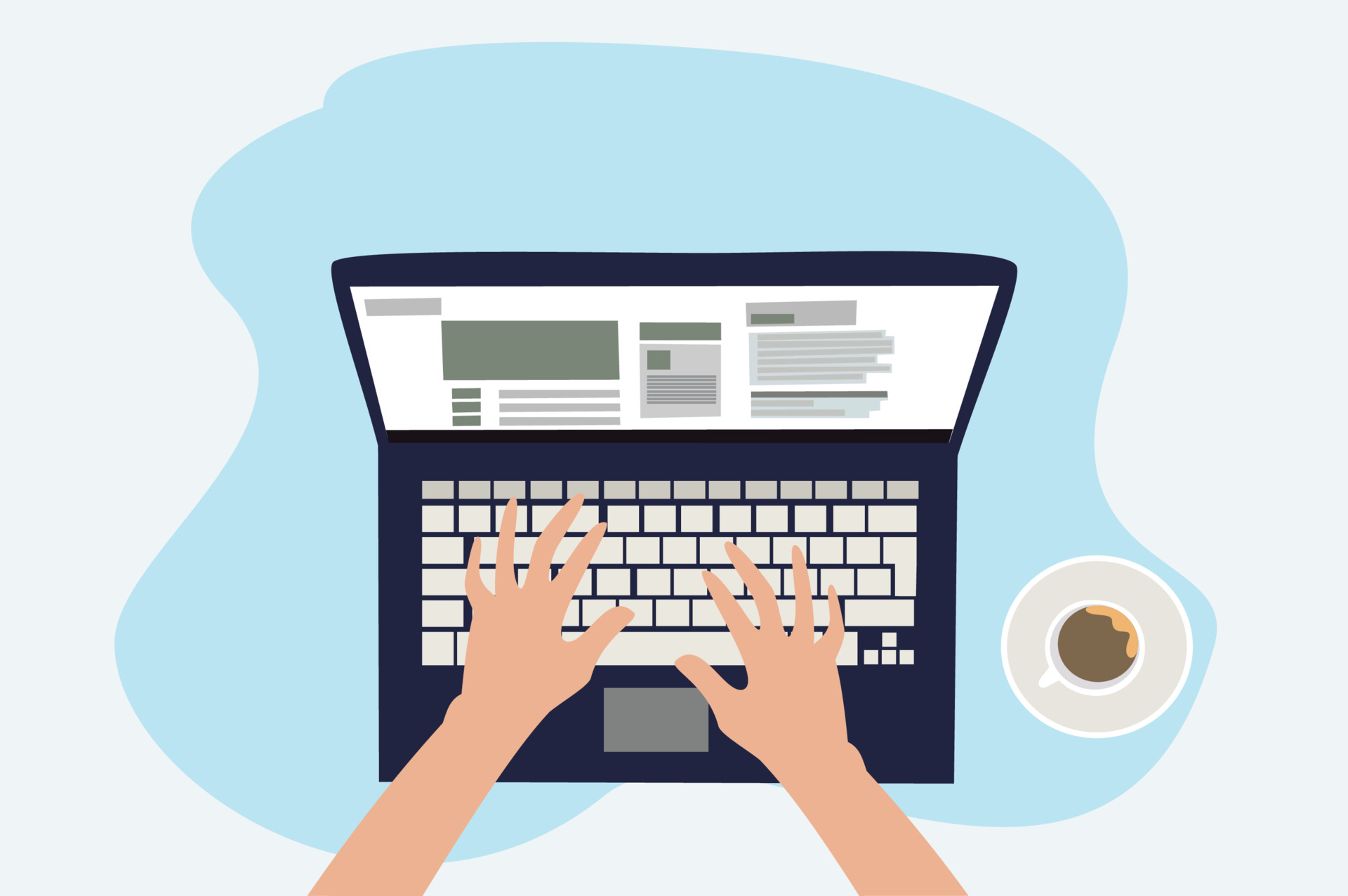Looking to establish a compelling online presence that captivates your audience and drives conversions? Look no further than hiring a web designer! A top-notch web designer possesses the expertise to craft an aesthetically pleasing and user-friendly website that draws in visitors and converts them into loyal customers.
In this comprehensive guide, we’ll explore the essential factors to keep in mind when hiring a web designer, including their skill sets, the costs involved, and expert tips to help you locate the perfect candidate for your project. Don’t settle for a lackluster online presence – enlist the help of a web designer today and achieve the success your business deserves!

Why is Hiring a Web Designer Important?
Hiring a web designer is essential for various reasons:
- A professional touch: A skilled web designer can create a visually appealing and functional website that reflects your brand’s identity and values.
- User experience: Web designers understand the importance of user experience (UX) and can create websites that are easy to navigate and engage visitors.
- SEO optimization: A well-designed website is crucial for search engine optimization (SEO), helping your site rank higher in search results and attract more organic traffic.
- Time-saving: Hiring a web designer saves you time, allowing you to focus on other aspects of your business.
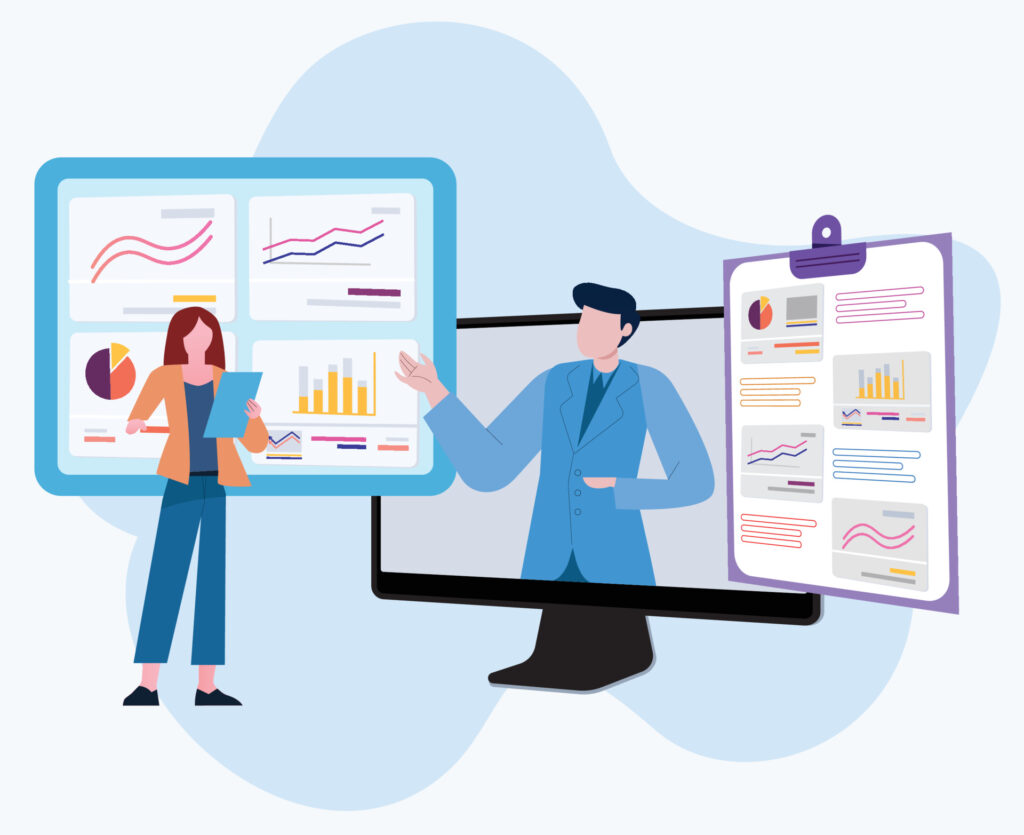
Key Skills to Look for in a Web Designer
When hiring a web designer, consider the following essential skills:
- Technical proficiency: A good web designer should be proficient in HTML, CSS, and JavaScript. Familiarity with content management systems (CMS) like WordPress, Drupal, and Joomla is also essential.
- Design and UX expertise: The web designer should have a strong understanding of design principles, color theory, and typography. They should also be experienced in UX design to create a seamless user experience.
- Responsive design: The web designer should be adept at creating responsive websites that work seamlessly across different devices and screen sizes.
- SEO knowledge: Look for web designers who understand the importance of SEO and can create a site optimized for search engines.
- Communication skills: The web designer should be able to communicate effectively with you to understand your needs and preferences.
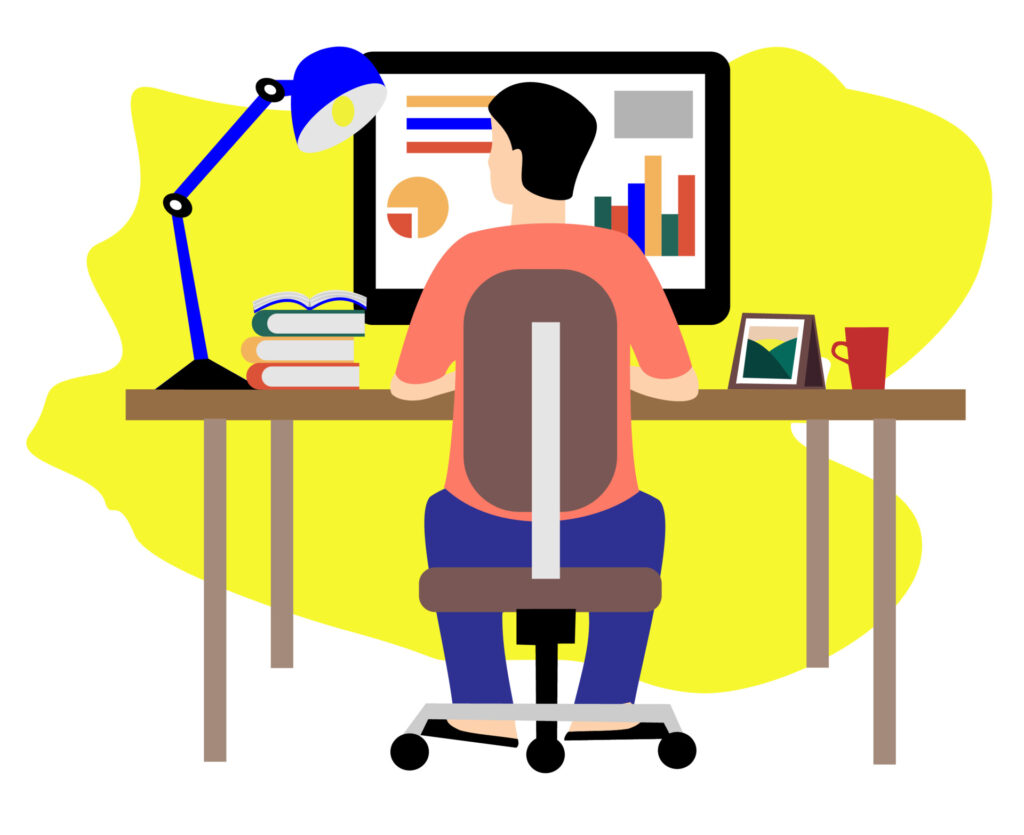
Determining Your Budget for Hiring a Web Designer
The cost of hiring a web designer can vary depending on several factors, such as experience, location, and project complexity. Here are some guidelines to help you determine your budget:
- Determine the scope of your project: Outline your website’s requirements, features, and functionalities. Locking in scope will help you estimate the time and effort required to complete the project.
- Research average rates: Look up the average hourly rates for web designers in your area or industry. Understanding the average rates for website designers will give you an idea of the cost range for your project.
- Consider your budget: Determine how much you’re willing to spend on a web designer. Remember that cheaper options may only sometimes offer the best quality, while more expensive options may provide higher expertise and experience.
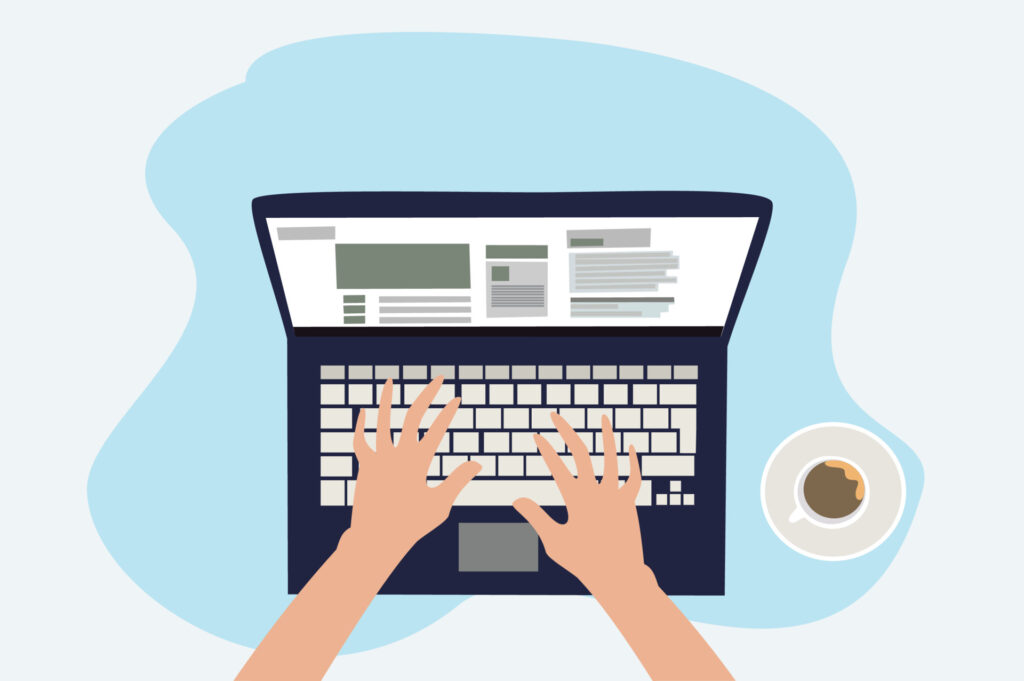
How to Evaluate Web Designer Portfolios When Hiring a Web Designer
With so many web designers, how do you choose the right one? One effective way is to evaluate their portfolios.
- Look for diversity in their portfolio: A good web designer should be able to create websites for different services and purposes. A diverse portfolio shows that the web designer has experience creating websites for different industries and purposes and can adapt to your needs.
- Check for consistency in their design style: While diversity is important, looking for consistency in the web designer’s design style is also important. A good web designer should have a consistent design style that reflects their brand and aesthetic. Look for common design elements across their portfolio
- Evaluate their website’s user experience (UX): A good website should be easy to navigate, with clear calls to action and intuitive user interfaces. Look for websites that are easy to use and navigate, with clear navigation menus, well-organized content, and visually appealing design.
- Check for responsiveness and mobile optimization.
- Websites that adjust to different screen sizes and devices, with easy-to-use mobile navigation and fast loading times.
- Look for evidence of SEO optimization: A good website should be optimized for search engines with well-structured content, relevant keywords, and meta descriptions. Look for websites that rank well in search engines and have evidence of SEO optimization, such as keyword-rich content and well-optimized images.
- A web designer with a firm grasp of SEO shows that the web designer understands the importance of SEO and can create websites optimized for search engines.
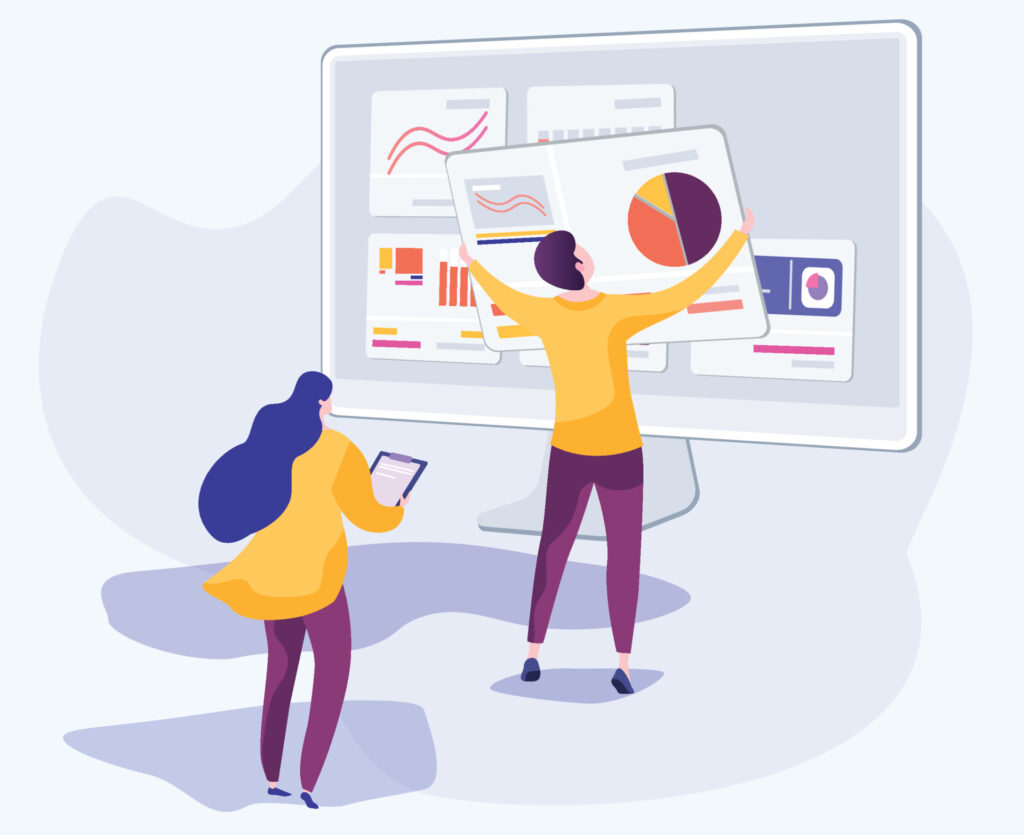
How to Evaluate Web Designer Portfolios When How to Conduct Interviews for Hiring a Web Designer
However, with so many web designers, how do you choose the right one? One effective way is to conduct interviews with potential candidates.
- Prepare a list of questions: Before conducting an interview, it’s important to prepare a list of questions to ask the web designer. This list should include questions about their experience, skills, design process, and portfolio. Here are some sample questions:
- Can you tell us about your experience designing websites?
- What is your design process?
- How do you handle feedback from clients?
- Can you walk us through a recent project you worked on?
- How do you approach responsive design?
- Can you give an example of a website you designed that ranks well in search engines?
By preparing a list of questions, you can ensure that you cover all the important topics and better understand the web designer’s skills and experience.
- Assess their communication skills: When hiring a web designer, choosing someone with good communication skills is important. During the interview, pay attention to how the web designer communicates.
- Are they able to clearly explain their ideas and design process? Do they ask good questions and listen to your needs?
- Are they responsive and easy to reach?
- Evaluate their technical skills: In addition to communication skills, evaluating the web designer’s technical skills is important. Ask them about their experience with various web design tools and technologies, such as HTML, CSS, JavaScript, and content management systems (CMS) like WordPress.
- Ask them to walk through their design process: Have the designer explain how they would approach your project. Evaluating their technical skills can give you a better understanding of their technical skills and expertise.
- Discuss project timelines and budgets: Finally, it’s important to discuss project timelines and budgets during the interview. Ask the web designer how long they think the project will take and what their pricing structure is. Be sure to communicate your own timeline and budget requirements as well.

In today’s digital age, having a visually appealing and user-friendly website is critical to the success of any business. Hiring a web designer can be the key to achieving this goal, but choosing the right one is important.
You can evaluate their skills, experience, and communication style by conducting interviews with potential web designers. Be sure to prepare a list of targeted questions, assess their communication and technical skills, review their portfolio, and discuss project timelines and budgets. With the right web designer on your team, you can create a website that meets your specific needs and goals and helps your business stand out in a crowded online space. So why wait? Start your search for a skilled web designer today and take your online presence to the next level!
